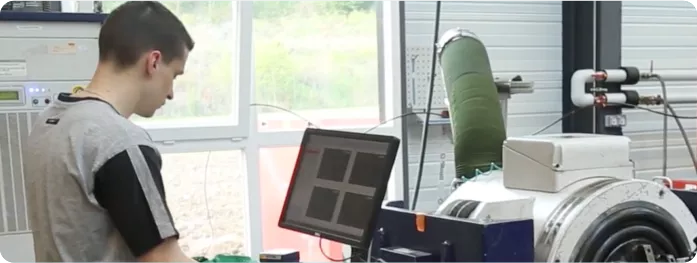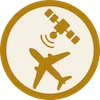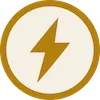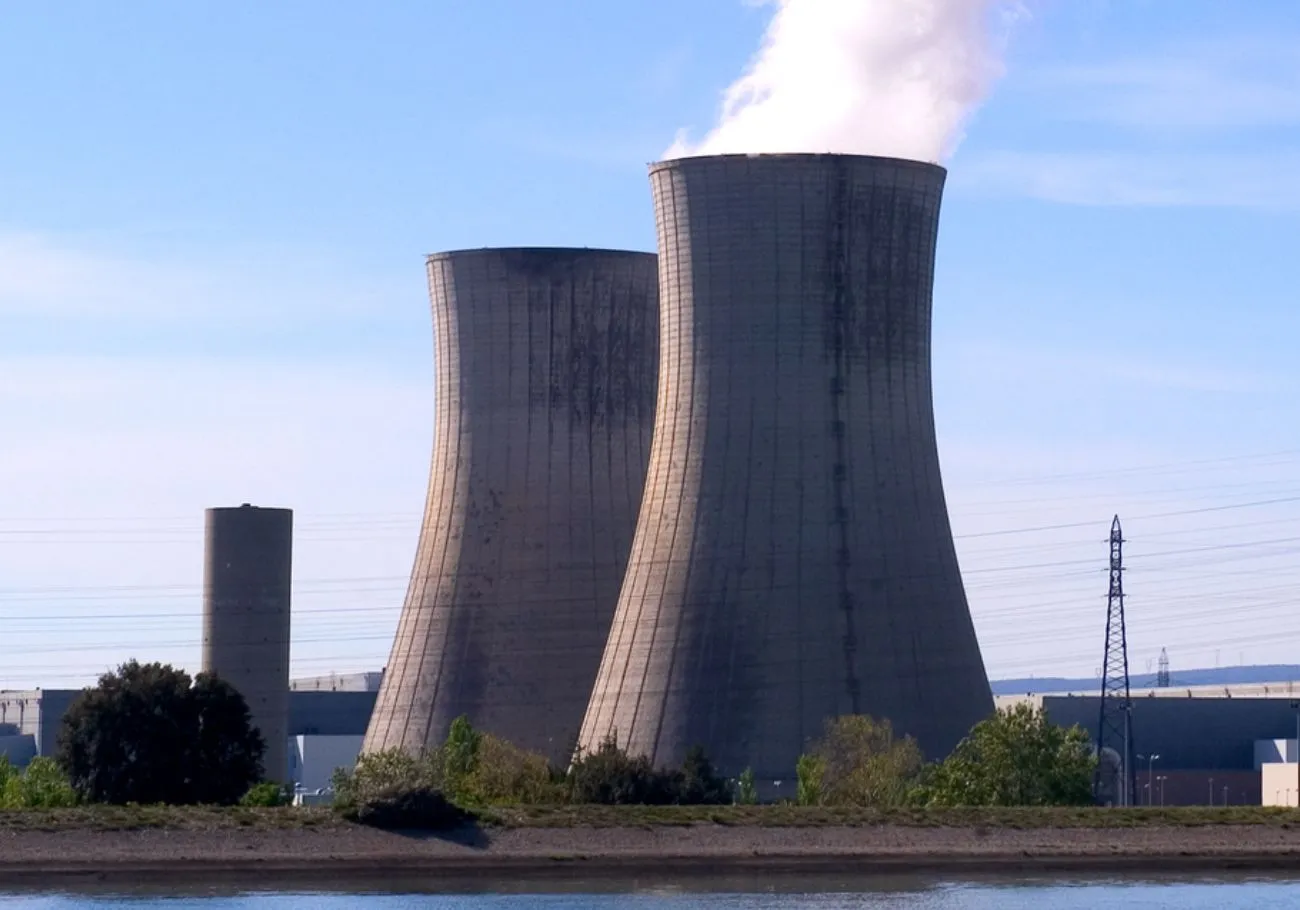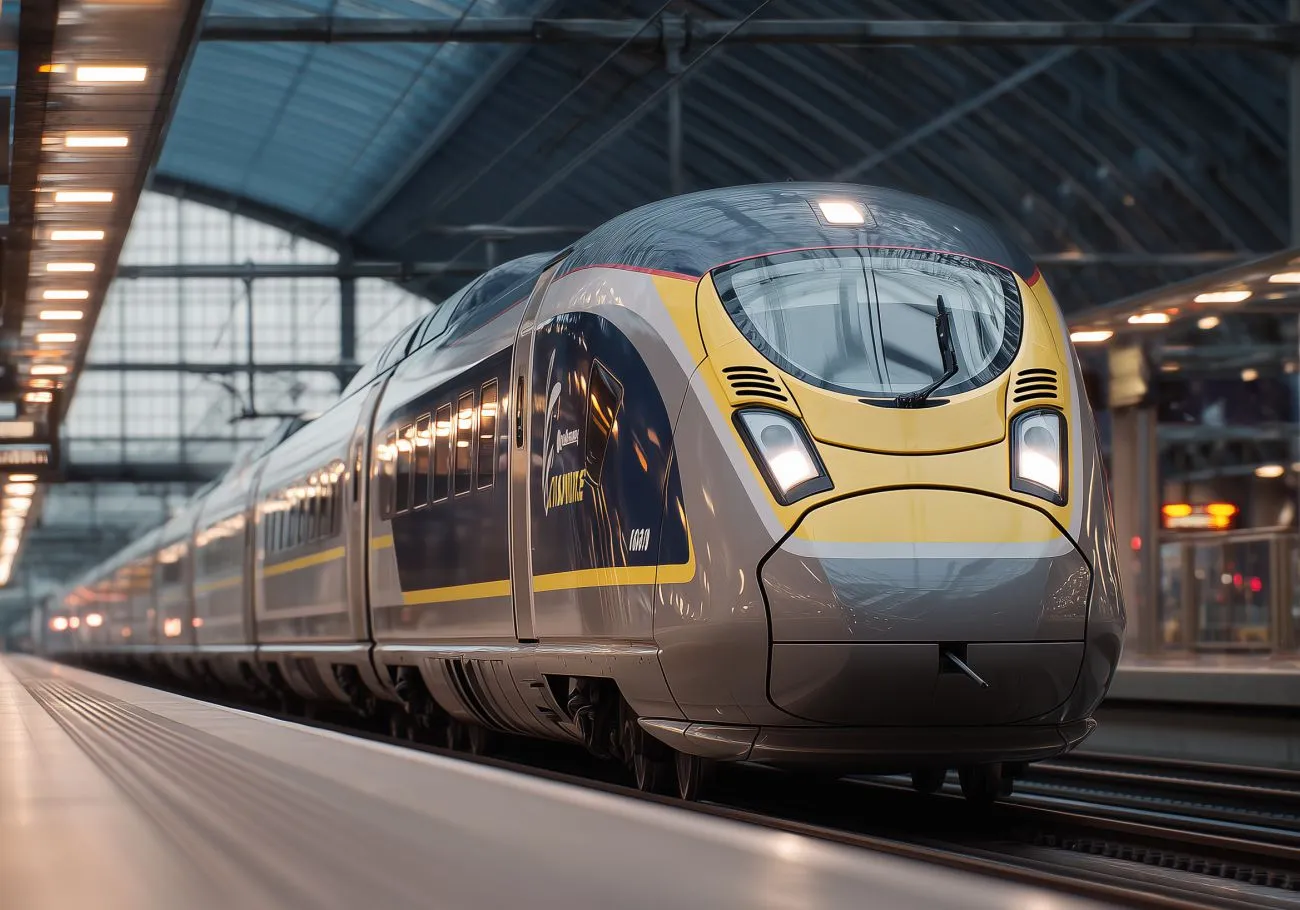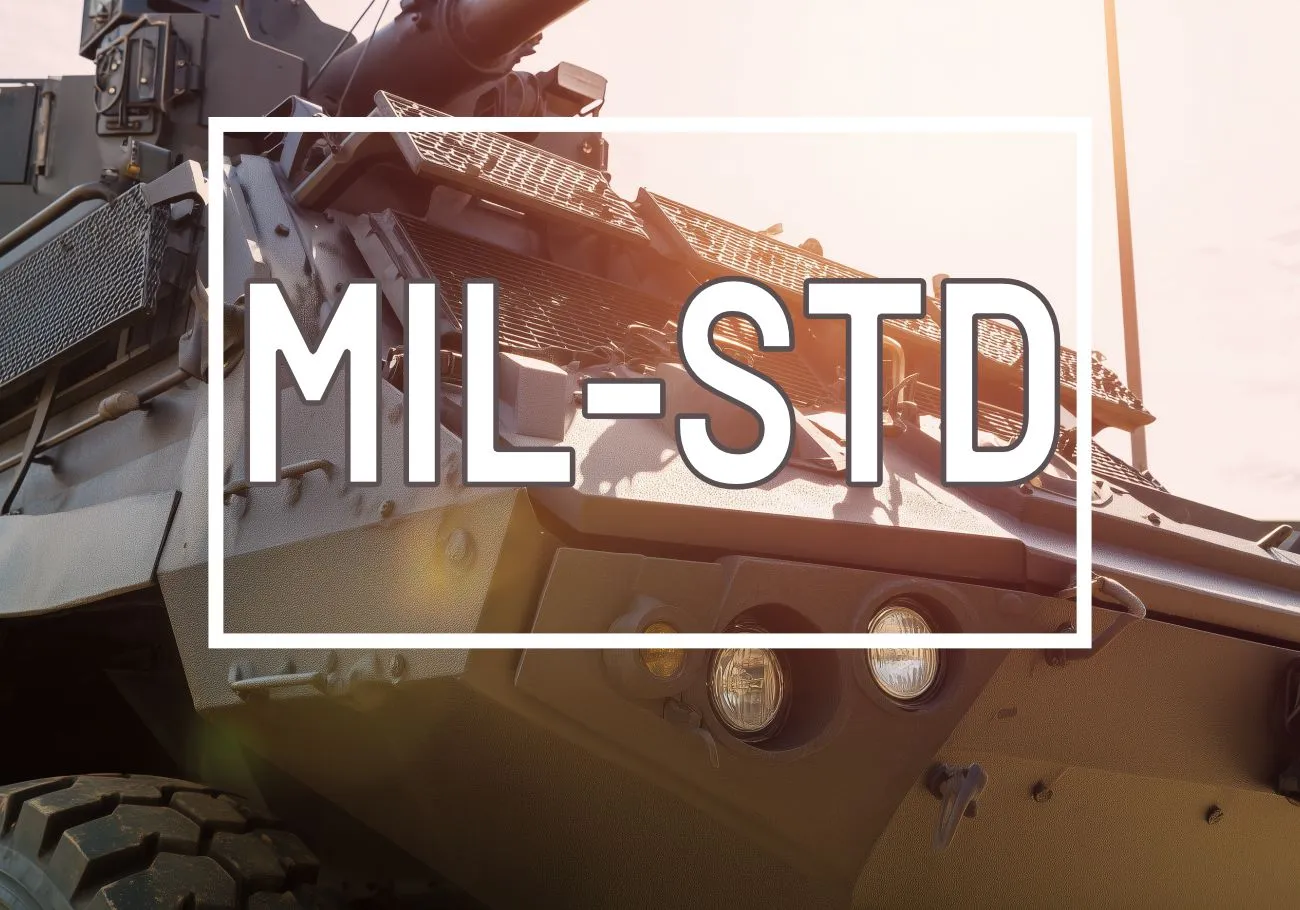Mechanical testing
Guarantee the robustness and durability of your equipment
The value of these assessments lies in their ability to provide objective data on the robustness of products, without systematically guaranteeing a total absence of failure in extreme conditions. Ask for a quote
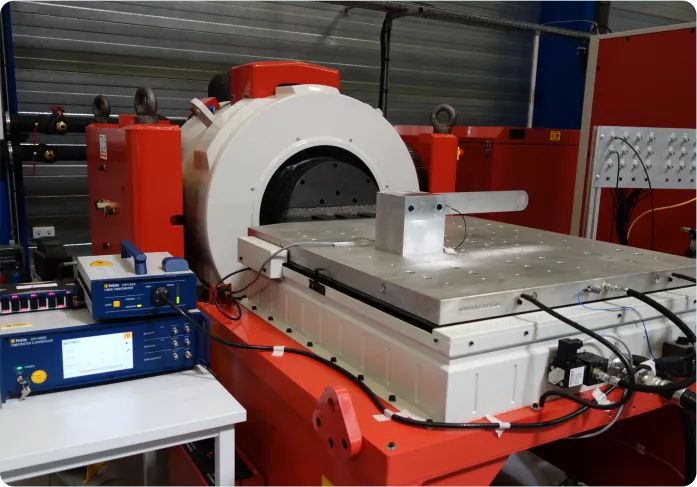
Why carry out mechanical tests?
- Ensure compliance with sector-specific regulations and qualification tests** (IEC 60068-X-XX, MIL-STD 810, RTCA DO-160, DEF- STAN, STANAG, RCC-E, etc.).
- Validate the robustness of equipment in the face of vibration and shock loads.
- Identify structural weaknesses and anticipate failure modes.
- Optimise product lifespan and reliability under real-life conditions.
- Guarantee the earthquake resistance of equipment installed in critical infrastructures, particularly nuclear.
What sectors are involved in these trials?
Our mechanical testing services
Vibration tests
- Sinusoidal and random vibrations to simulate real environments.
- Tests in extreme climatic conditions (vibrations coupled with temperature/humidity).
Mechanical impact tests
- Half-sine, sawtooth and trapezoidal shocks to simulate different impact scenarios.
- Shock Response Spectrum (SRC) to analyse the mechanical response of products.
- Pyrotechnic shock simulation for military and aeronautical applications.
Endurance and fatigue tests
- Cyclic and mechanical fatigue tests to measure component life.
- Simulation of repeated stresses encountered in operation.
- Structural and functional strength tests under mechanical stress.
Constant acceleration tests
- Centrifuge testing up to 400 g for small components.
- Validation of mechanical strength under continuous acceleration (aerospace, military).
- Detection of structural weaknesses and assembly defects.
Seismic testing
- Simulation of earthquakes and shaking on critical equipment.
- Tests to maintain operability under seismic stress.
- Validation of seismic-resistant infrastructures in accordance with current standards.
Talk to our mechanical testing experts
Windmilling tests
- Simulation of the free rotation of a turbine (torn blade) and associated low frequency vibrations.
- Validation of the mechanical strength of equipment subjected to high amplitudes in near-real conditions (aeronautics, engines, on-board systems).
- Identification of structural weaknesses (deformations, cracks, fractures) to enhance safety and reliability.
Technical capabilities and available equipment
- Electrodynamic and hydraulic exciters for vibrations and shocks.
- Centrifuges for constant acceleration tests.
- Seismic simulation benches multiaxes for high amplitude tests.
- Advanced monitoring systems: accelerometers, infrared cameras, vibration analysers, strain gauges, force, pressure, temperature, voltage and current sensors, etc.
Standards and test methods
- Vibration and shock: IEC 60068-2-6, IEC 60068-2-64, IEC 60068-2-27, MIL-STD 810, RTCA DO-160, etc.
- Constant acceleration : RTCA DO-160, MIL-STD-810..
- Seismic testing : NF EN 60068-2-57, IEC 60980, RCC-E, IEEE 344.
Choosing the Emitech Group to optimise your tests
Test tool design
Modelling and virtualisation of tests
Training and expertise
Vibrator maintenance and calibration
Needs
Discover a selection of additional resources that explore topics related to this page including regulatory contexts, technical articles, and specific areas of expertise. These materials provide further insight to help you better understand the key challenges and available solutions.
Contact us for our expertise in mechanical testing
